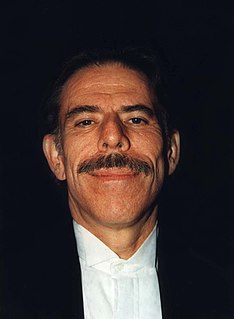A Quote by Bill Henson
There's something about the processional nature of the architecture, of the rooms connecting rooms. It's just breathtaking.
Quote Topics
Related Quotes
Now, in the sixties we were naive, like children. Everybody went back to their rooms and said 'We didn't get a wonderful world of just flowers and peace and happy chocolate, and it won't be just pretty and beautiful all the time,' and just like babies everyone went back to their rooms and sulked. 'We're going to stay in our rooms and play rock and roll and not do anything else, because the world's a nasty horrible place, because it didn't give us everything we cried for.' Right? Crying for it wasn't enough.
The earth's biosphere could be thought of as a sort of palace. The continents are rooms in the palace; islands are smaller rooms. Each room has its own decor and unique inhabitants; many of the rooms have been sealed off for millions of years. The doors in the palace have been flung open, and the walls are coming down.
When you have to negotiate for survival, and you have to know how to read rooms, and you have to know who the bad guys in the rooms are - who has the gun in their pocket, who's just going to brandish it, and who's going to actually pull the trigger. So I think that's just a natural instinct that comes with coming from where I come from.
I've gone to big stadium rock concerts at some artist's invitation, and there's this invariable, fascinating and rather sad situation of concentric circles of availability. There are Green Rooms within Green Rooms literally within Green Rooms. There are seven or eight degrees of exclusivity, and within each circle of exclusivity, everyone is so happy to be there, and they don't know that the next level exists.




































